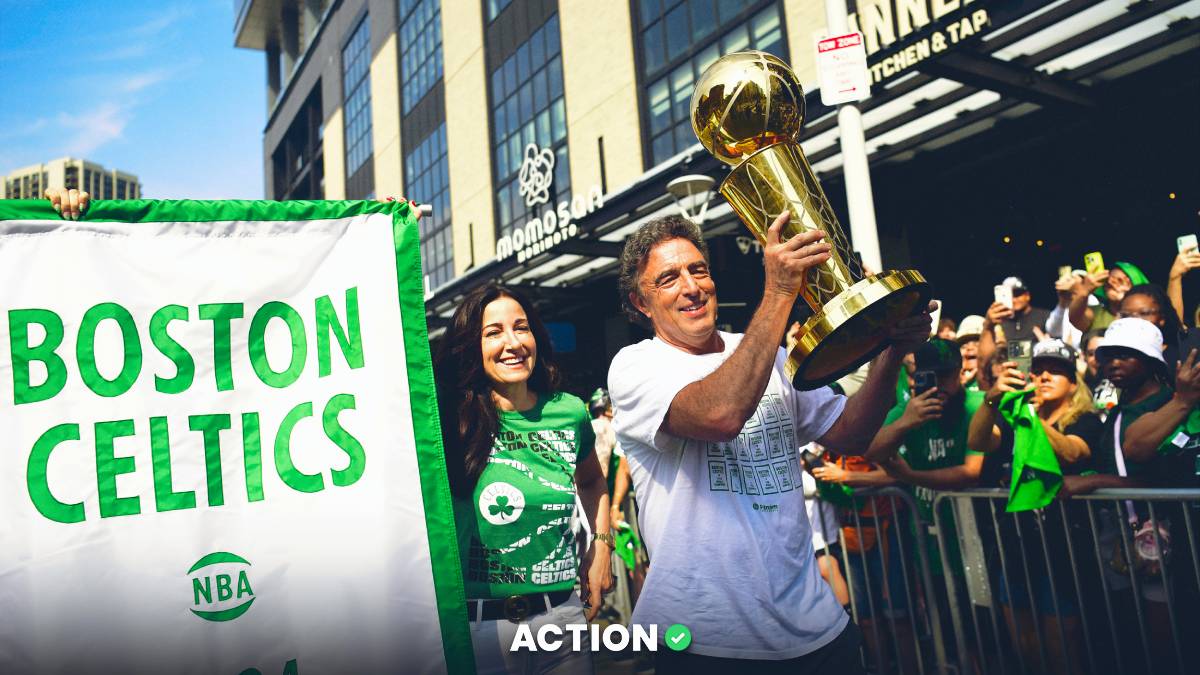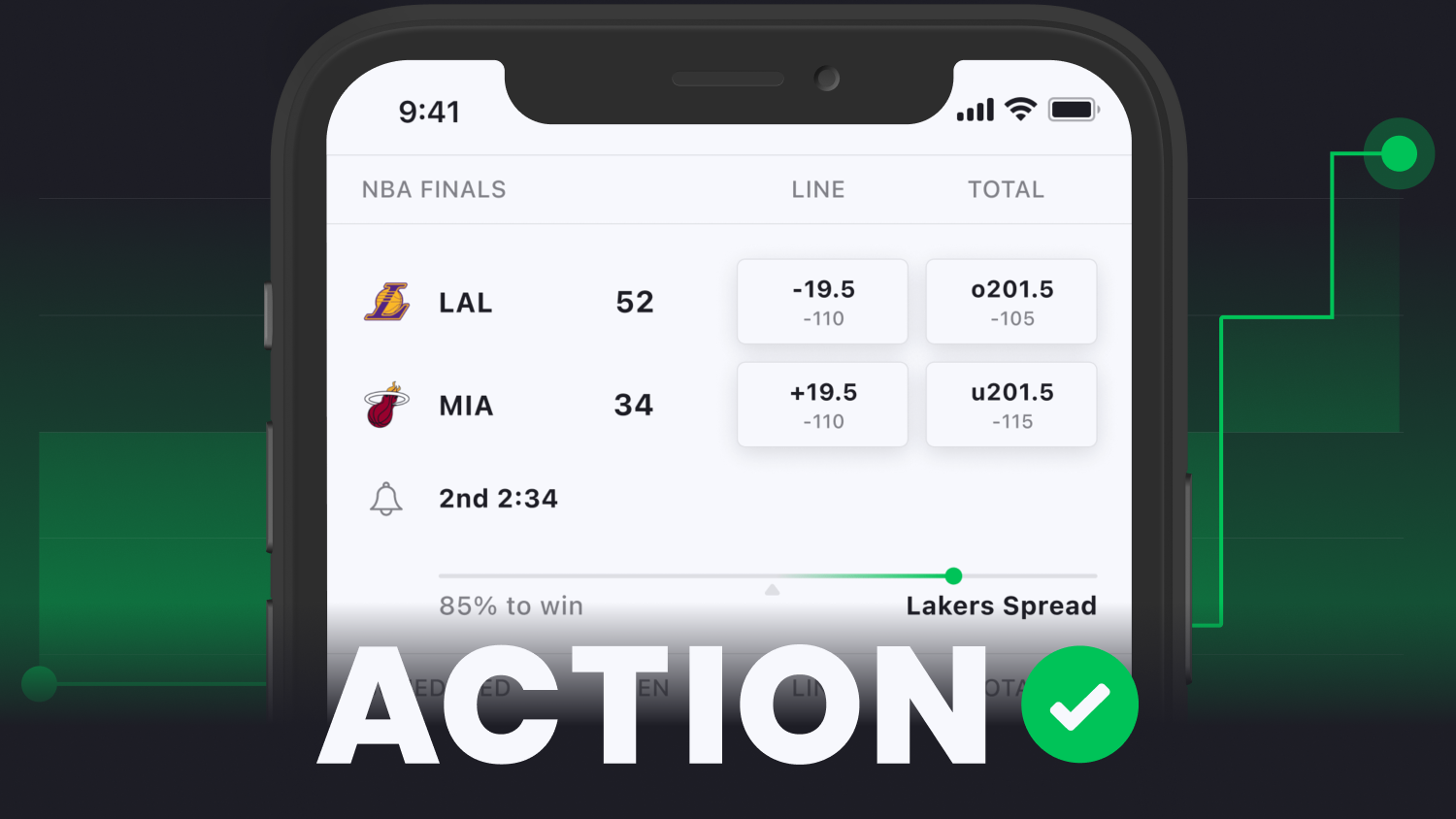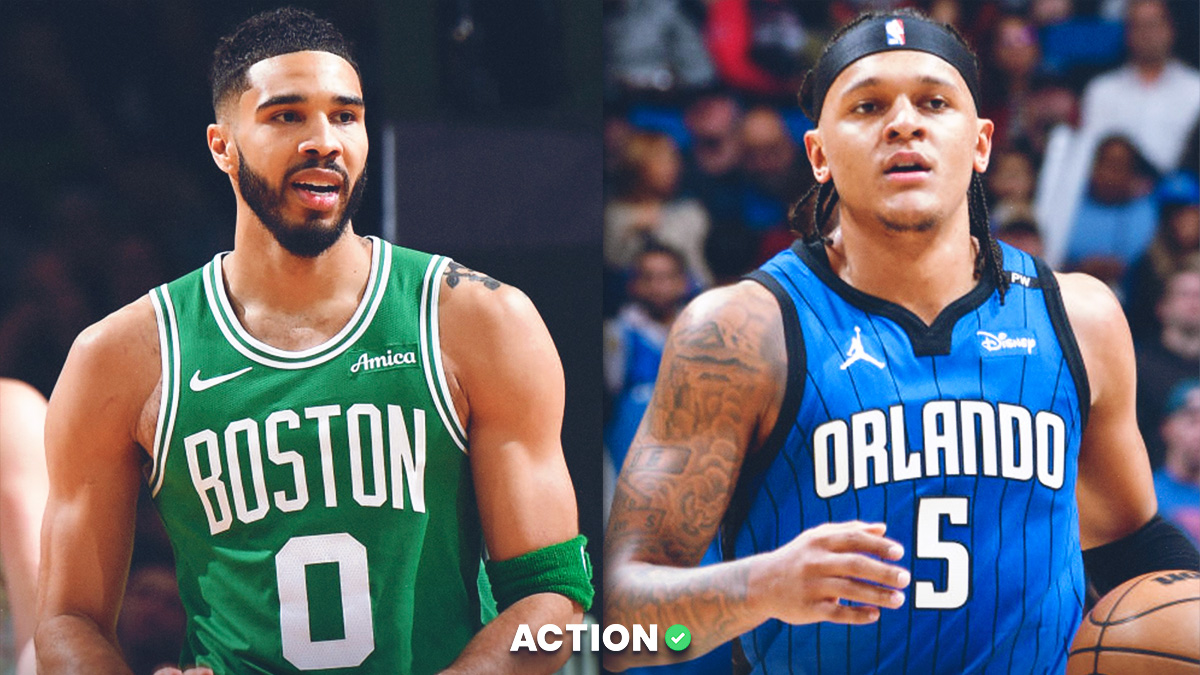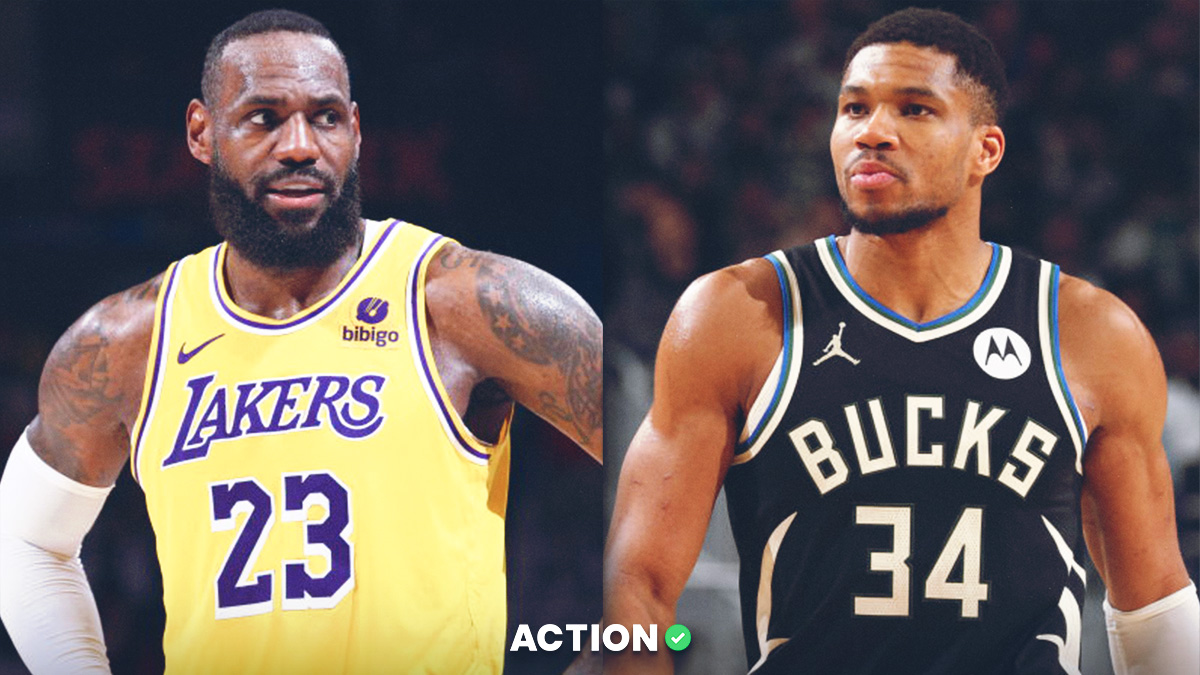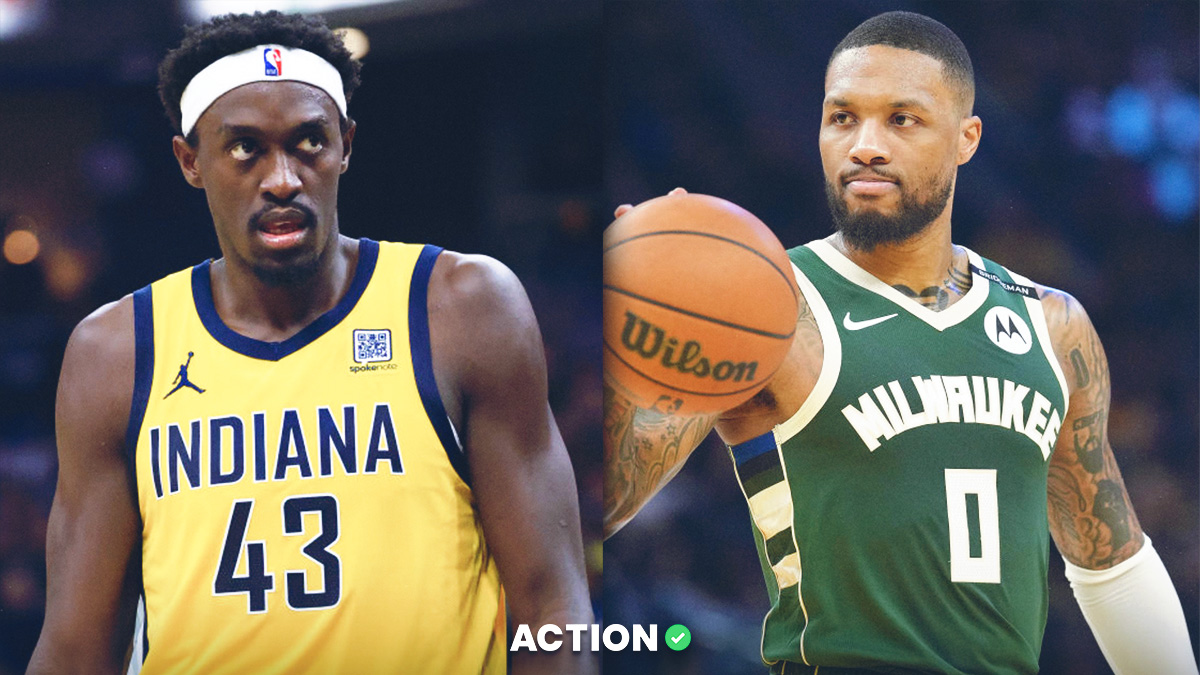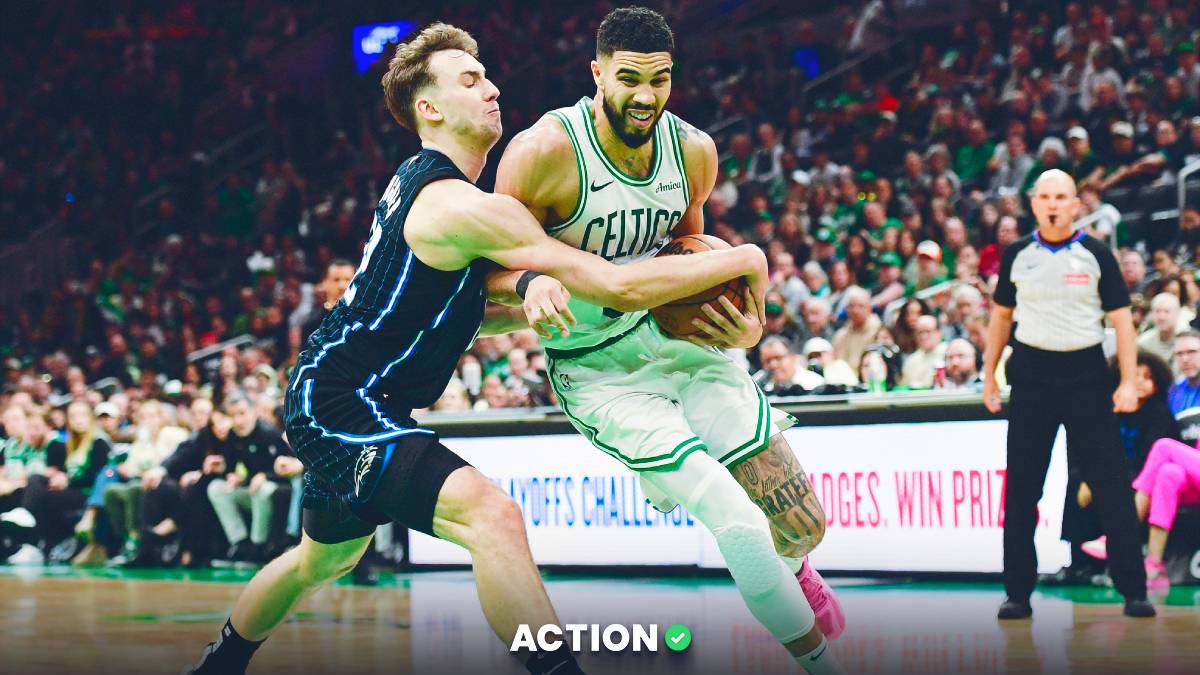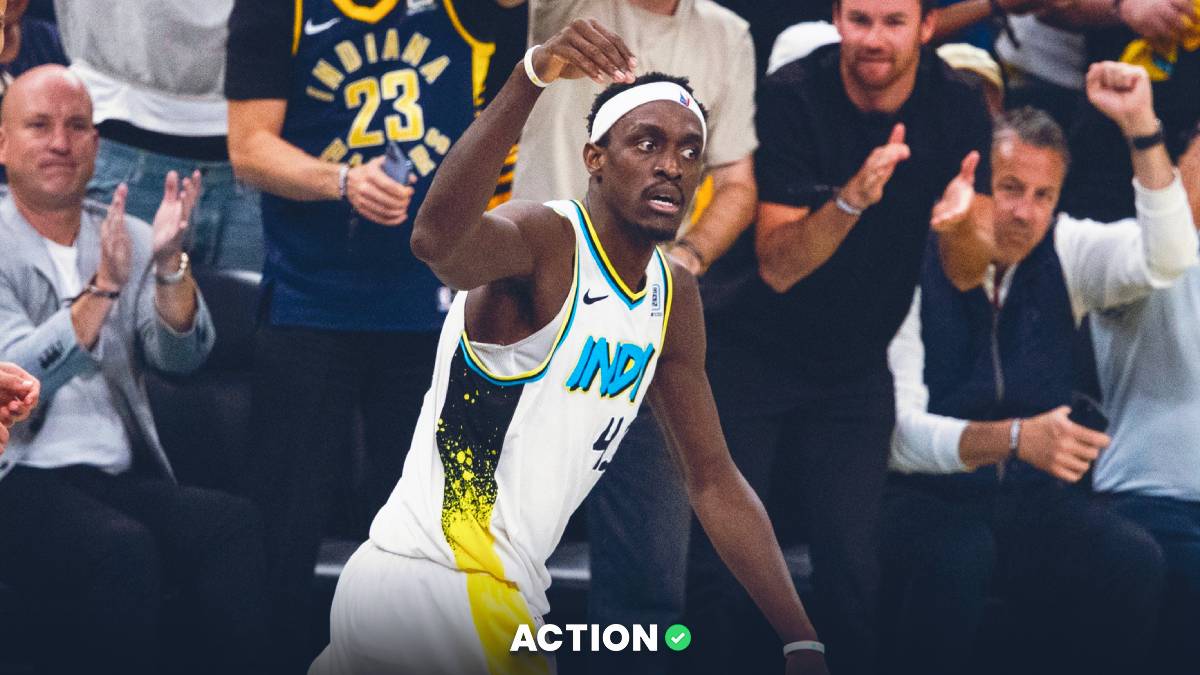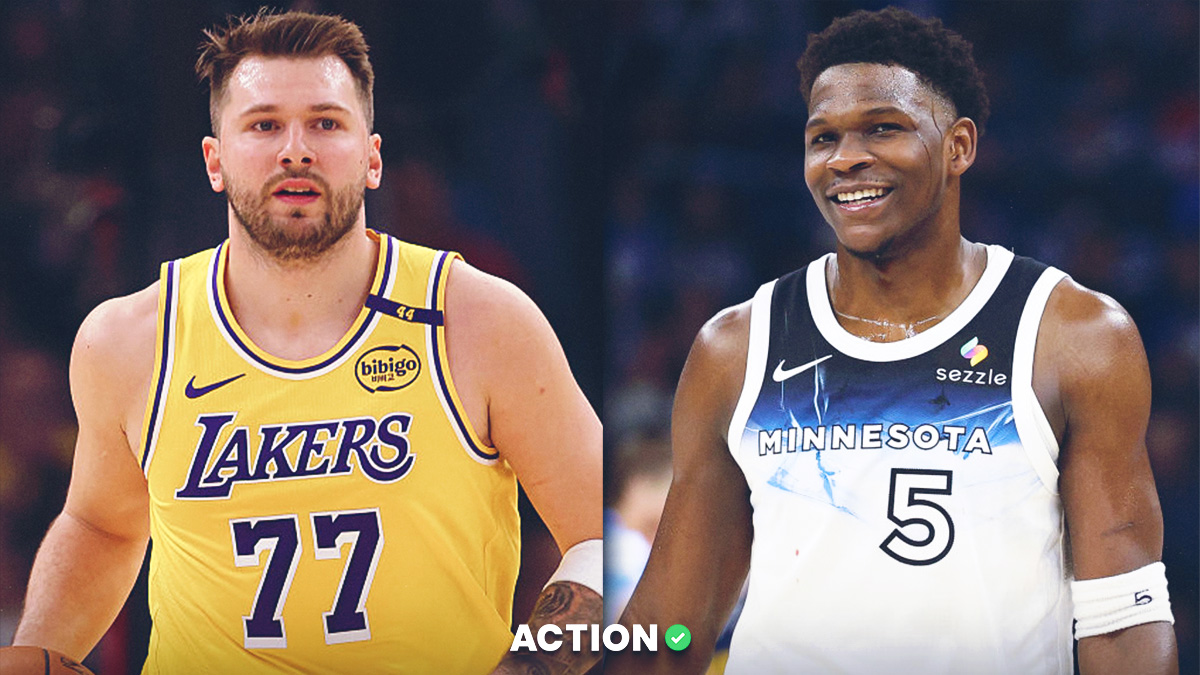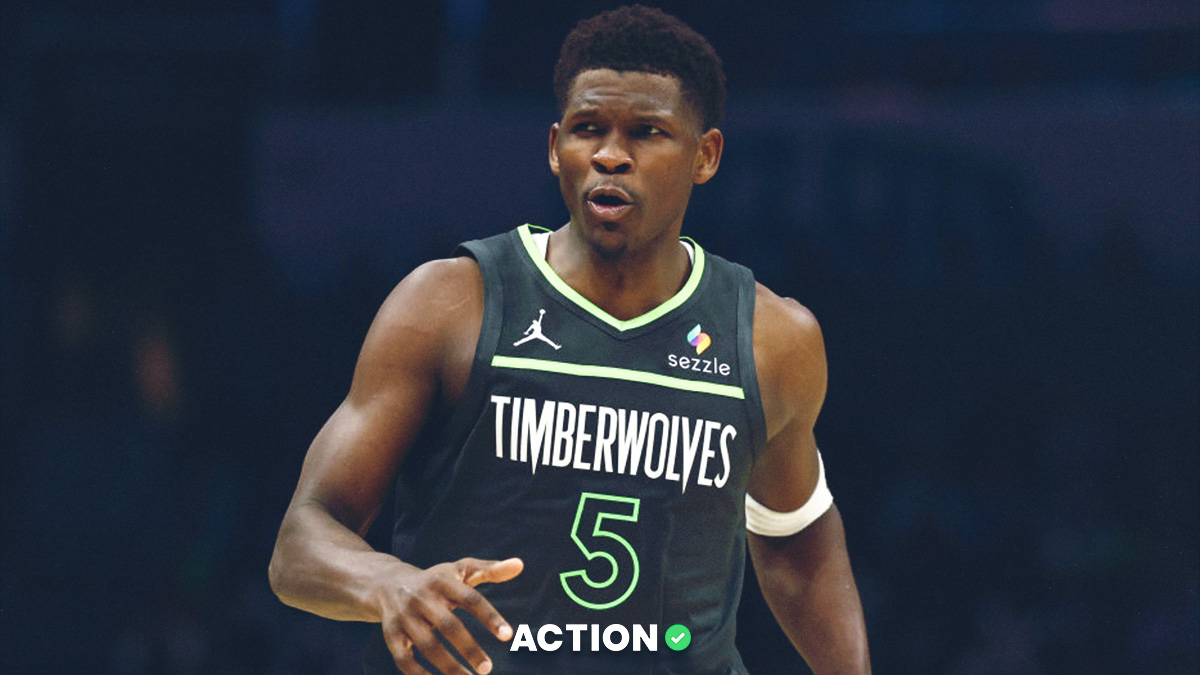The most overlooked sports story today will inevitably be this one.
The Boston Celtics majority ownership group, headlined by Wyc Grousbeck, is looking to — as ESPN's Adrian Wojnarowski put it — "make the franchise available for sale."
A statement from the Boston Celtics pic.twitter.com/DqArzkGnR5
— Boston Celtics (@celtics) July 1, 2024
In short, the majority interest will sell by early 2025, and the full transfer of ownership should be complete in 2028. However, we've seen in the NBA that the timeline for such a transaction can be accelerated.
When Joe Tsai purchased a minority stake in the Brooklyn Nets from then majority-owner Mikhail Prokhorov in 2018, the Alibaba cofounder agreed to pay $1 billion that year for 49% of the team, and an additional $1.35 billion was due to take majority ownership in 2021, per Forbes. However, Tsai accelerated the process and assumed majority ownership in 2019.
But this decision from up high in Boston underscores a potential concern many in the NBA could and should have, and it concerns the NBA's collective bargaining agreement, which is really transformative now that the dreaded second apron is here.
The second apron is a restriction that comes into play when a team's salary reaches $188.9 million — just under $50 million and $20 million above the salary cap ($140.6 million) and luxury tax ($170.8 million), respectively. If teams go over that, good luck trying to get things done.
Teams that exceed the second apron won't be able to utilize many of the NBA's team-building methods to construct a contender.
You can't aggregate salaries in a trade. You can't sign and trade. You can't bring in more money than you send out in a trade. Your future picks may get frozen if you remain over the apron. You can't send out cash and you can't waive anyone who made over $12.9 million in that regular season. Those are just the greatest hits.
Here's the rest, via ESPN cap expert and former assistant general manager Bobby Marks.
https://t.co/udxc31w9FXpic.twitter.com/2gcOTqijy7
— Bobby Marks (@BobbyMarks42) June 24, 2024
So, what does all that have to do with the Celtics?
Nobody actually knows why this sale is happening now. It could be as simple as making a profit.
In business, you're taught to sell high. Take the emotion out of it and make your profit. Grousbeck led a team that purchased the Celtics for $360 million in 2002. They're now valued at $4.7 billion, per Forbes, and at $5.1 billion, per Sportico. Fresh off a championship — the first since 2008 and second for this ownership group — maybe now is just the time. After all, Grousbeck, while still insanely wealthy, reportedly isn't among the richest NBA owners, and the expenses are going to start piling up.
But that theory would make for a boring piece of analysis, wouldn't it?
In this new NBA era, we have to consider the collective bargaining agreement in all facets — even in ownership. Sports are about competition, but sports are also about the people in charge, whom most of us as consumers don't spend enough time talking about (which is probably how they like it).
The Celtics, as of now, are over the second apron for the 2024-25 season. They were at $192 million in salaries before recently agreeing to keep Luke Kornet and Neemias Queta on estimated $2 million deals, per Spotrac.
Last summer, the Celtics re-signed Jaylen Brown to, at the time, the most-expensive contract in NBA history ($285 million over five years). He's at $49 million this year and is expected to take up over 30% of the Boston's cap throughout his deal, which will end with him making $65 million in 2028-29, his 13th season.
The Celtics also extended Kristaps Porzingis for two years and $60 million. In each season, he takes up about 20% of the cap. Additionally, Jrue Holiday recently extended for four years and $134 million. He'll also hover around 20% of the cap throughout his contract. He'll be paid $30 million this year and will get as much as $37 million in 2027-28 — a player option in his 19th NBA season, during which he'll be 37.
Derrick White agreed to an extension shortly before ownership's sale aspirations were announced. White's extension is for four years and $126 million. White will make $20 million this coming season, but that's estimated to jump to $28 million in 2025-26 and land close to $35 million in 2028-19, his 13th season, during which he'll take up an estimated 18% and 16% of the cap.
Not to mention, the Celtics just signed Jayson Tatum to the largest contract in NBA history — a five-year, $315 million supermax extension.
That's an average of $63 million, but it'll probably be ascending, meaning he'll end the deal making well beyond that annually, and it won't even start until 2026-27 because his current deal awards him $32.6 million this year and $34.8 million in 2025-26.
Notice that the cap percentages the aforementioned players take total well over 100% — and that's not even accounting for the bench players like Payton Pritchard, who jumps from $4 million last season to $6.7 million this year, the first of a four-year, $30 million extension.
Marks notes that the possible cap sheet could break records, and that the repeater tax would be a nightmare.
So, look around the league briefly. Paul George walked from the Los Angeles Clippers. Kentavious Caldwell-Pope walked from the Denver Nuggets. The Golden State Warriors waived Chris Paul and didn't retain Klay Thompson. Billionaires typically aren't billionaires by being reckless spenders, so yes, they will look for areas to save money.
The NBA's CBA is limiting teams from exercising all possible routes to improve their roster, unless the teams stay within certain — albeit restricting — parameters. And if you're a contender like the Celtics, it won't matter at first, but eventually, the team likely won't be able to stick together.
But if you're selling now — and selling high — that won't be your problem.
Remember when we were all tripped up by Mark Cuban suddenly selling his majority stake in the Dallas Mavericks?
He won't actually tell us whether it was related to the new climate, but we can't help but think of the possibility. Honestly, could you blame him?
It's a mess.


